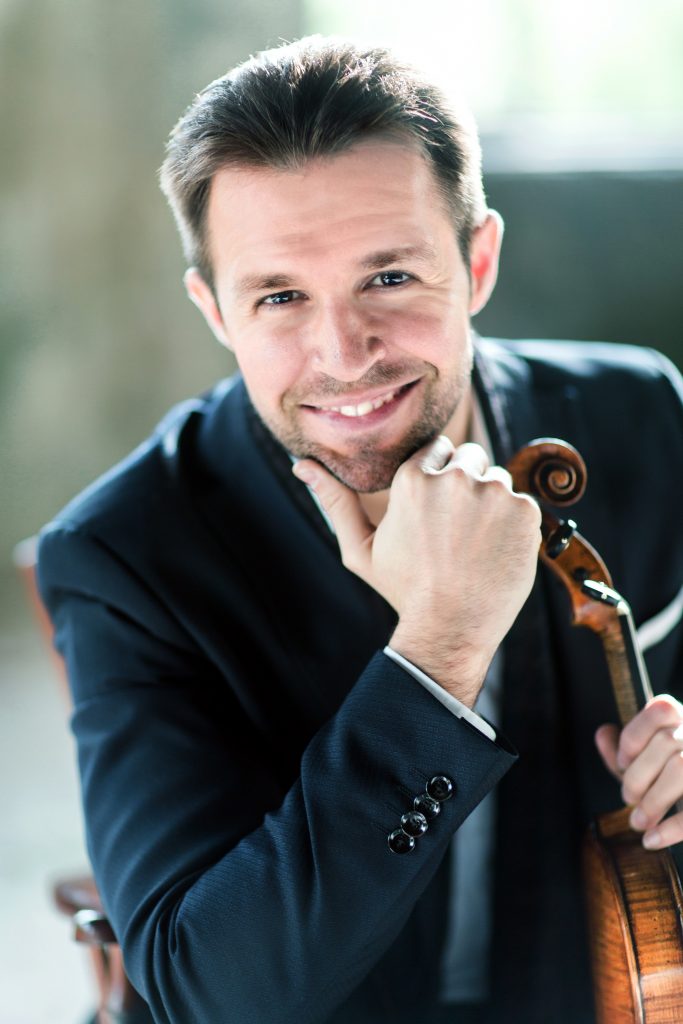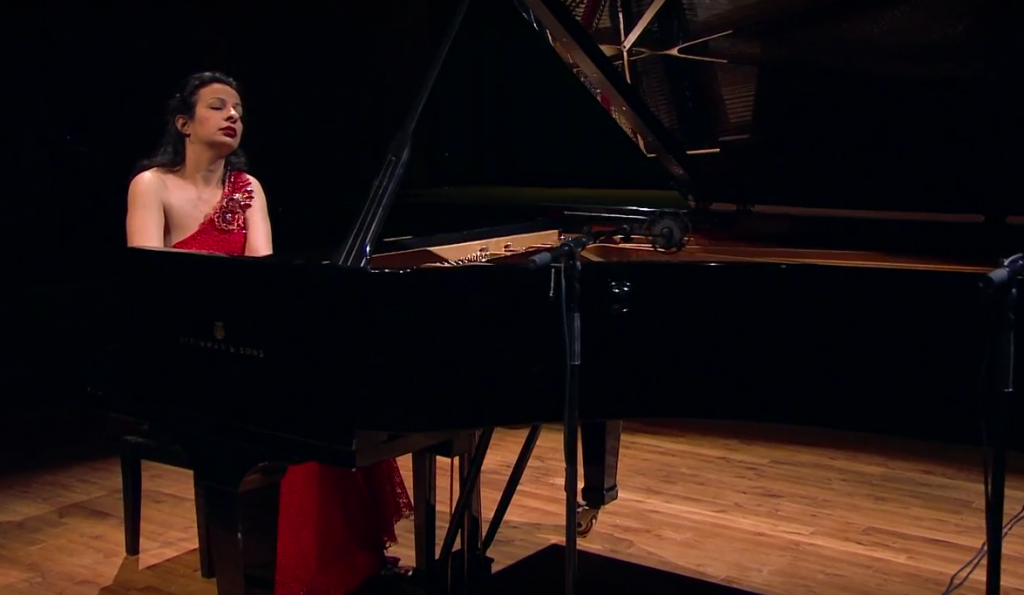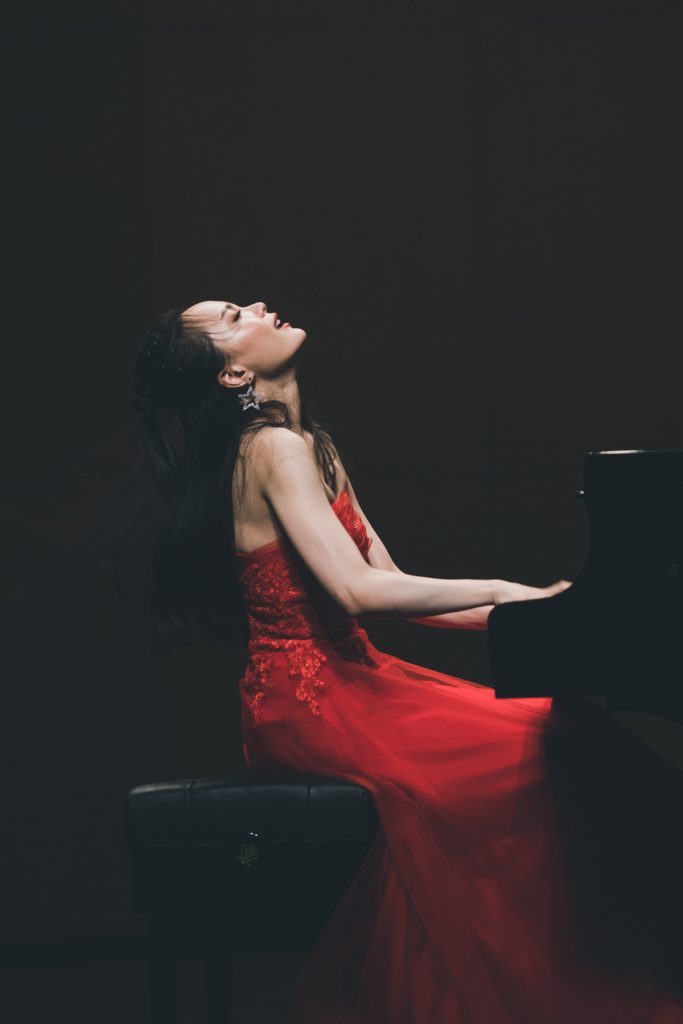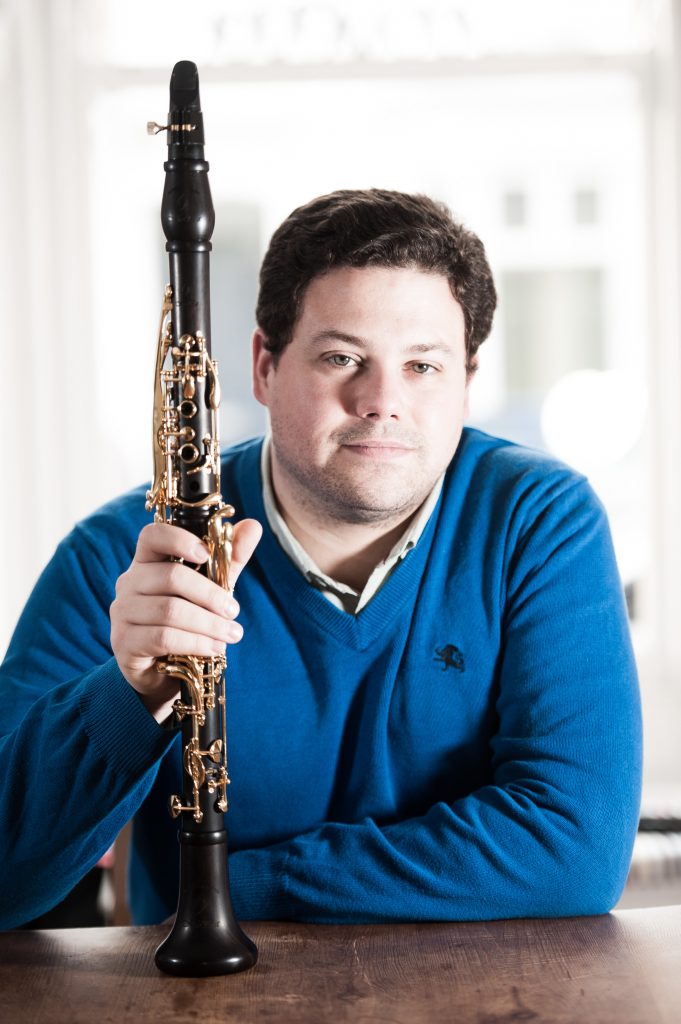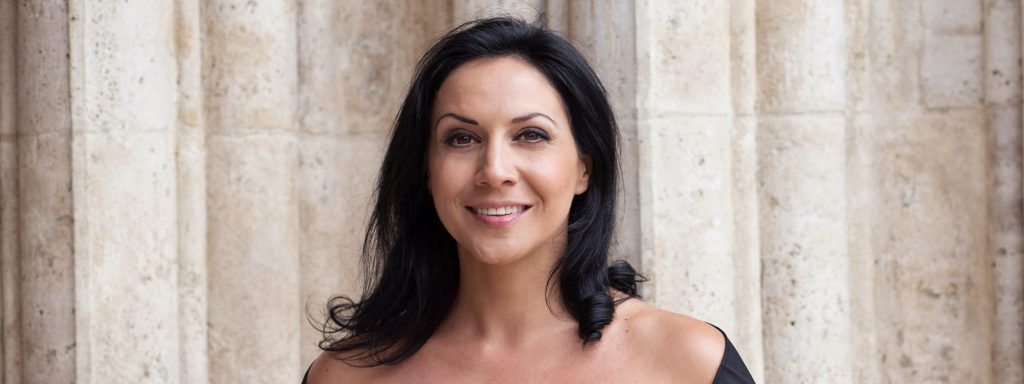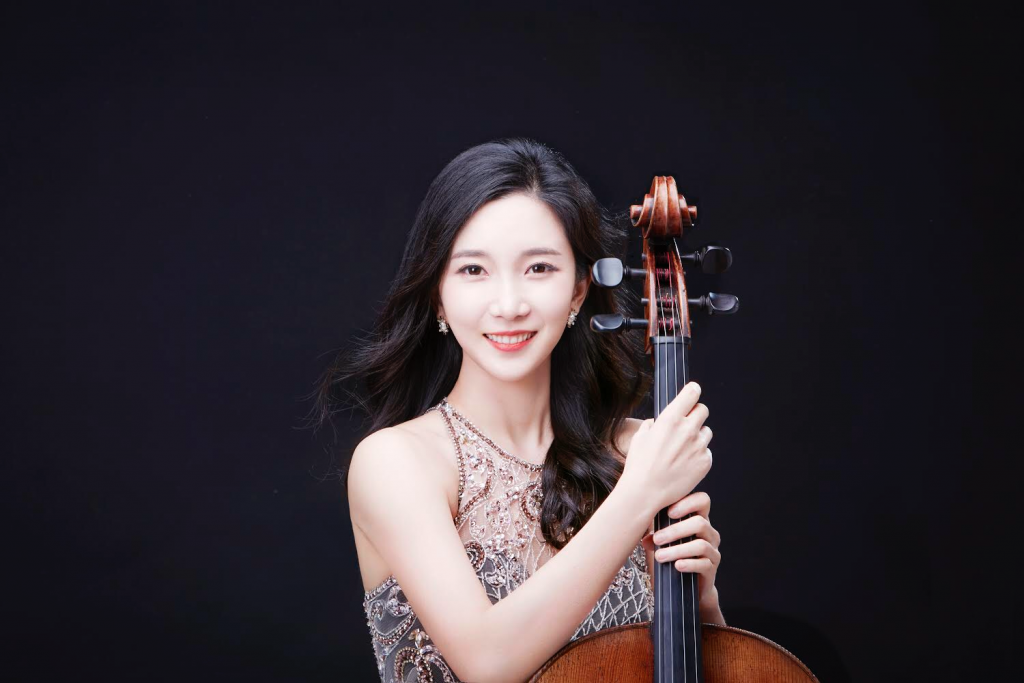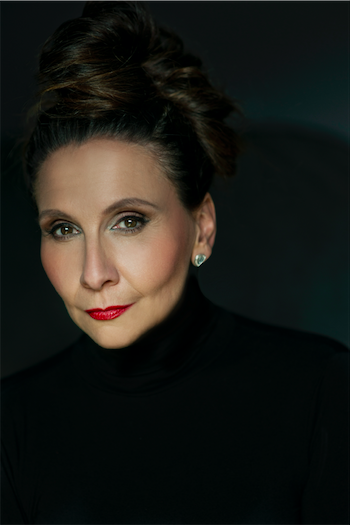
A multi-instrumentalist and one of the few people in the world who you can see performing as a soloist with two instruments on the same stage as an orchestra, internationally acclaimed harpist, pianist, composer, conductor, and professor Dr. Chaerin Kim is the winner of 13 national and international competitions in America, England, Russia, and Korea. She has been a judge 106 times at 45 international competitions in the US, UK, Sweden, Switzerland, Finland, Canada, Italy, Germany, Austria, Serbia, Hungary, Estonia, Ukraine, Russia, Romania, Spain, Japan, and Australia.Dr. Kim’s harp performance has been used for the British movie Kaleidoscope, (main actor Toby Jones), which was the winner of Best Performance at the 2017 Edinburgh International Film Festival.
As a composer, her composition, Rendezvous, has 100 versions, including versions for orchestra, harp, piano, and voice, with lyrics written by her and translated into 80 different languages. The orchestral version of Rendezvous had its World Premiere in Boston, and its South American Premiere by National Philharmonic Orchestra of Venezuela.
To date, she has released 146 songs (7 Albums and 91 Singles), and her music has aired on the radio stations in US and UK. Most recently, she was nominated for and awarded a Future Classic Women Awardthrough the London Radio Station, where she has been interviewed twice. She has also been interviewed by WCPE Radio, WGTE Public Media Radio in the US, and Royal Holloway Radio in the UK.Dr. Kim was a full-time music faculty member at Eastern Nazarene College, where she taught piano, harp, music theory, and music history classes. She was also the former Head of the Harp Department at Adagio Music Academy, Harp Department Chair at South Shore Conservatory.
Currently, she is an artist and masterclass leader with the TTF Entertainment Company in Korea and China, and music faculty for piano and harp at University of Massachusetts Boston and Schlossakademie in Germany. She is also an instructor for both instruments through the Office of Arts at Harvard University. Most recently, she was elected as an Associate of the Royal Academy of Music in London. Dr. Kim is invited to be a Grammy Awards Voting Member from 2024-2028! Also, she was elected as an Associate of the Royal Academy of Music in London this year.
“Personally, I attribute my greatest lessons to my parents, who provided endless love and support. In particular, my mother, despite being an art major, has been the most knowledgeable, the best teacher in my music career. These days, when I teach students at colleges, I draw heavily from the wisdom imparted by my mother.
My composition “Rendezvous”, this musical opus holds a special place in my heart, not just for its melodic beauty but also for the profound message of unity and hope that it embodies. With over 100 different versions spanning various instruments and languages, “Rendezvous” is a testament to the transformative power of music to transcend cultural boundaries and unite hearts across the globe. It is my fervent hope that this piece will continue to inspire and uplift listeners for generations to come!“

